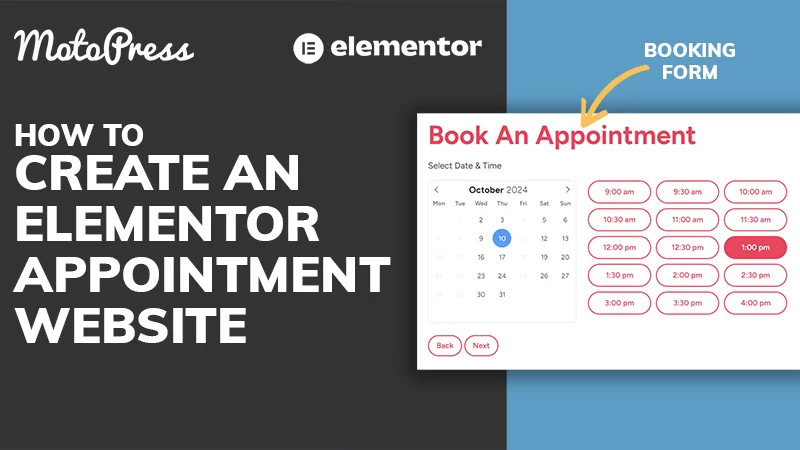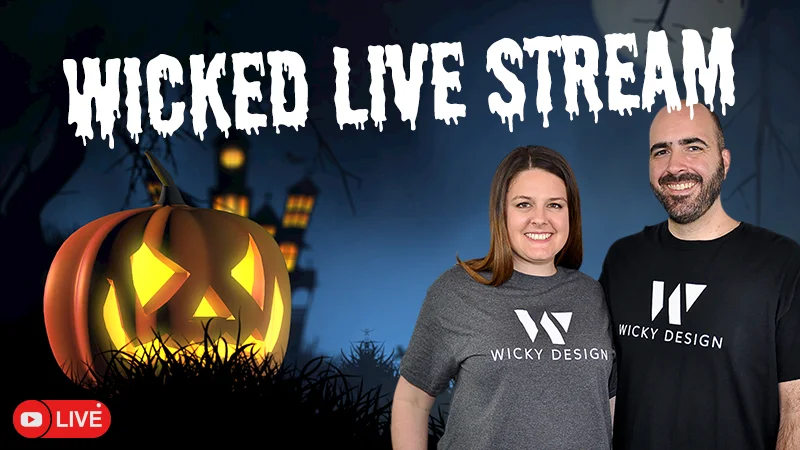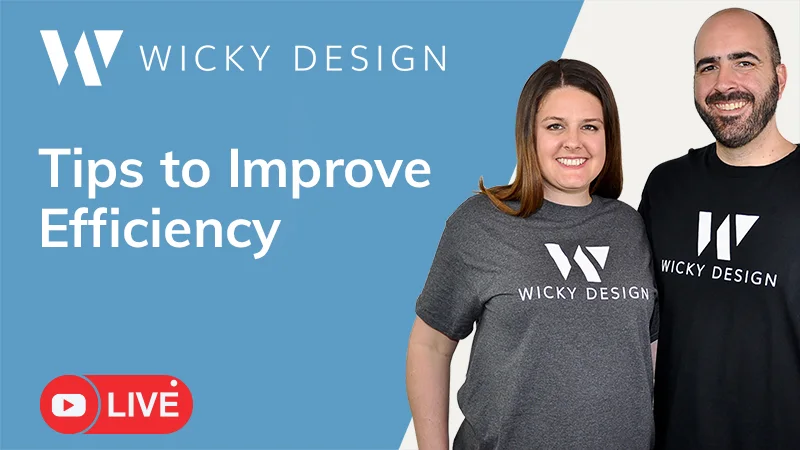Did you know that 40% of people abandon a website that takes more than 3 seconds to load?
Website speed is more important than ever before. Not only is it pleasing to your visitors, but a fast loading website will actually help your SEO. Google changed their algorithm to take load time into consideration, so a slow website can hurt your search rankings.
If you haven’t paid much attention to website speed, now is the time to start. You can check your website’s load time using one of these free tools:
Not sure why your site is loading slowly? Here are 7 things that are likely the culprit.
Need help improving your website speed? We can help. Sign up for our free speed audit!

1. Slow Hosting
This is our number one recommendation to improve website speed. You can spend the time doing all the other things we talk about in this post, but if you’re site is on a slow server, it’s not going to help much. To be blunt, cheap shared hosting like GoDaddy or BlueHost is garbage. They place on site on a server with hundreds of other websites, hence the $8.99/month price. Investing a little extra in a VPS or dedicated host will pay off in the long run when it comes to speed.
2. Your Server Is Not php7.0
This is another huge factor when it comes to load time. WordPress (and many other website platforms) run on a programming language called php. Php 7.0 is the latest version and is 2-3x faster than it’s predecessor, meaning much faster load times. If you’re site is hosted on a server that’s not running php 7.0, it’s time to make the switch.
3. You’re Uploading Huge Images
The bigger the file size, the longer it takes to download. If you’re uploading huge images to your pages and posts, that’s slowing down your site. There’s never a need to upload a 4,000px wide image to an area that’s only 400px wide. Think about the area where you’ll be placing an image, and upload an appropriately sized image. This will help your website load a lot faster.
4. You’re Not Compressing Images
Image compression also plays a big factor in website load times. There’s a lot of extra data in images that can cause file sizes to be bigger than they need to be. Compressing an image removes a lot of that data, making your file sizes smaller and your load times faster. You can use a website like tinyjpg.com or several WordPress plugins to help with image compression.
5. You’re Not Using Caching
Caching helps speed up your website by loading a saved version of your website instead of downloading a new version from your server. A lot of hosting companies have their own caching built in and there are several WordPress plugins that can cache your website as well. WP Rocket and WP Super Cache are good ones.
Leveraging browser caching is another way to speed up your site. This tells your browser that certain things on your website won’t change, so it should fetch those things from cache. The plugins mentioned above will help with browser caching as well.
6. You’re Using Too Many Plugins
Plugins are a great way to add neat features to your website, but having too many installed can mean longer long load times. A lot of plugins are “heavy”, meaning they require a lot of resources and extra requests to make them work. When it comes to plugins, only use what is necessary or is making a big impact on your website.
7. Your Theme
Themes can be heavy just like plugins. The more built in features or customizations a theme has, the more it has to load. A lot of these features are things you probably aren’t using, but they are still being loaded. If you’re using a theme, be sure it’s lightweight and only includes the features that you need.




